1. Preliminaries
An examination which occurs at the time of each property acquisition project concerns the best taxation structure for the transaction. The objective of this contribution is to inform any potential investor of the main comparisons which are useful to determine, from a taxation point of view, the best option for their personal situation. To limit this brief in view, we will take as an example the situation of an individual physically resident in the Canton of Geneva, subject to ordinary taxation regime.
2. Taxation system at time of acquisition of Geneva property
In Geneva, the purchase in own name or by a real estate company gives rise to the levy of transfer tax at the rate of around 3.3%, while the acquisition through shares in a real estate company is, in principle, not subject to transfer tax.
3. Taxation system during property ownership
An owner in his own name will be subject to personal income taxes on net rental income at a maximum rate of about 45% in Geneva. Tax on net wealth at a maximum rate of about 1% is also levied. Finally, complementary property tax is due at the rate of 0.1% on the gross property value.
A Geneva real estate company is taxed on its net profit at the effective rate of about 14%. The company is also subject to capital tax on its equity at the rate of about 0.4% (minimum equity between 20% and 30%). For a real estate company, complementary property tax is levied at the rate of 0.2%. Distribution of profits achieved by the company is subject to withholding taxes at a rate of 35%. This withholding tax may however be credited against personal income tax due by the shareholder resident in Switzerland, which is levied at maximum rate of 31.5% if the shareholding amounts to at least 10%, any difference being reimbursed.
4. Taxation system linked to the sale of property
The sale of a property asset held in their own name gives rise to real estate capital gain tax on a sliding scale depending on the length of ownership of the property, being between 50% (less than 2 years) and 0% (after 25 years). At a federal level, no such tax is levied.
Sale of a property by a real estate company results in a profit tax at an effective rate of about 14%. A potential capital loss results in a tax deductible expense. Net profits distributed by the company are subject to withholding tax, recoverable as far as a Swiss resident is concerned, and resulting in personal income taxation for Geneva taxpayers of approximately 31.5%.
The sale of shares in a real estate company by an individual is analysed transparently and therefore qualifies as a property sale in Geneva. The capital gain will therefore be taxed on a sliding scale between 50% and 0%. To avoid such transparent qualification of the property sale, it may be useful to structure the property ownership through ownership of the real estate company by another company. According to current practice applicable in the Canton of Geneva, the gain realized on the sale of shares in a real estate company by a company is qualified as a gain on a participation, and is therefore allocated for taxation purposes to the shareholder. At level of such entity, this gain benefits, if it is Swiss, from participation exemption.
5. Conclusion
On the basis of the above explanations, it results that the acquisition of Geneva property through a Swiss company, held in turn by a holding company, allows in principle a significant tax optimization, mainly as far as a potential capital gain is concerned. In addition, such structuring permits du delay the tax burden until final distribution of profits towards the shareholder. However, the sale of shares in a real estate company may appear to be more difficult in practice as the person taking over the shares potentially takes over a latent taxation cost on the unrealized gain of the property.
It is therefore advisable to carry out a detailed analysis of each individual case prior to the investment, which may result in a different structuring depending on each particular case of investor.


